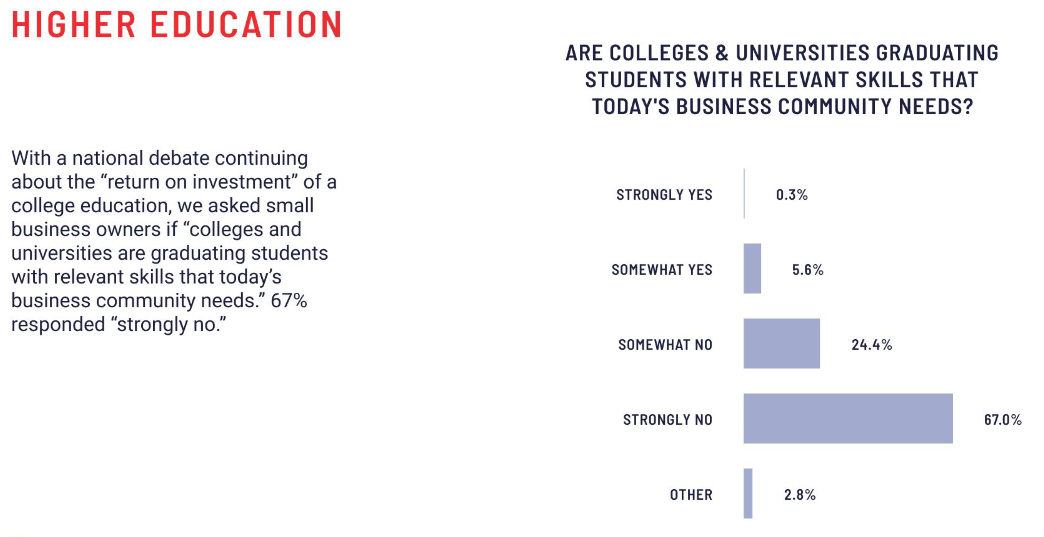The Wall Street Journal is concerned about the IRS exercising its claimed authority to delay implementation of some tax requirements for which Congress had set strict enforcement deadlines. Apart from the question of whether the IRS actually has that authority, the concern centers on how the agency moves might impact revenues for the Federal government.
…the tax agency’s moves frustrate lawmakers’ attempts to raise revenue and plug gaps in tax compliance.
The real question, though, centers on an aspect of Federal revenues about which I’ve written before. This is the claim made in the linked-to article’s headline, and which is repeated in the body of the article:

